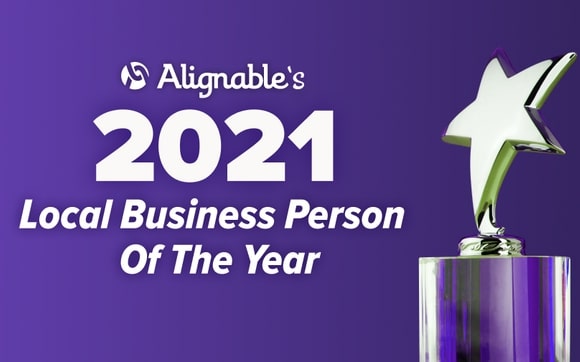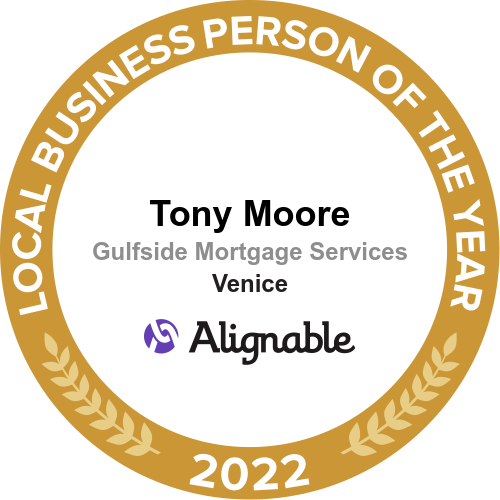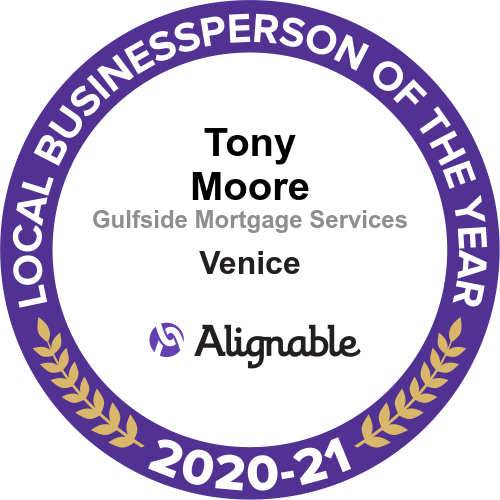Veterans Can Apply for a Interest Rate Reduction Loan!
What are the Unintended Consequences of the 2020 Mortgage Crisis?
The Coronavirus Meltdown
The 2008 financial crisis may seem like a distant bad memory now, but the current Coronavirus pandemic (also known as COVID-19) is having a critical impact on the Mortgage Industry, which could potentially make 2008 pale in comparison. The pressing issue centers around capital that’s required by Mortgage Lenders to be able to function and meet what’s required for them to continue to lend. What does it all mean? Read on.
A Little About Loans —
When you go to the bank (also known as a Lender) and take out a mortgage, that loan is then handled by a loan Servicer. This is a different entity from the bank who issued the loan. The Servicer’s job is to handle the loan. They collect payments and send them to the Lender, they pay taxes on the loan, and handle questions from the borrowers.For this right, the Servicer will usually pay about 1% of the loan cost up front to the Lender. After they do this, they receive a percentage of the loan as a monthly payment. It typically takes about three years for the Servicer to make their money back and break even on their investment.
Here’s where it gets interesting. What’s happening is, because of the incredibly low interest rates, more borrowers are refinancing and paying off their mortgages early. If they pay off before those three years pass, the Servicer will lose money on the loan. When this happens repeatedly, Servicers can get into dangerous territory with their own funds.
How Does It Improve?
What usually happens, is that Lenders typically experience an increase in new loan activity because of the decline in interest rates. This gives them additional income to help overcome the losses in their servicing portfolio, however, COVID-19 has made that a different story.COVID-19 has caused a virtual shutdown of the US economy, which has created an unprecedented amount of job losses. This adds a new risk to the Servicer, because not only are new Borrowers not coming along, but existing Borrowers may have difficulty paying their mortgages in a timely manner. Fortunately for Borrowers, the government has granted forbearance of mortgage payments for affected individuals.
For Servicers, although they do not own the asset, they have the responsibility to make the payment to the Lender, even if they have not yet received it from the Borrower. Under normal circumstances, the Servicer has plenty of cushion to account for this. But an extreme level of delinquency, that is, lots of people who are late on their payments, puts the Servicer in an unmanageable position. While government help for Borrowers is fortunately evident, Servicer help is expected to be further explained in the next few days.
The Unexpected COVID-19 Traffic Jam
Lenders need to clear their pipelines of properties, but social distancing is making it more difficult for transactions to be processed. Before a new loan closes, Lenders require that employment be verified. Since millions of individuals are losing their jobs, those mortgages are unable to be approved. This leaves Lenders with more hedging losses and no income to offset it, creating a traffic jam of sorts.What Needs to Be Done Now
Fortunately, there are many smart people in the Mortgage Industry who are doing everything they can to navigate through these perilous times. The Fed must temporarily slow MBS purchases to allow pipelines to clear. Lawmakers need to allow for loans with first payment defaults, due to forbearance, to be saleable since they usually aren’t and many people will be defaulting. As a homeowner or home buyer, the best thing for you to do is be patient and make sure you have all of your ducks in a row to make it as easy as possible on the process.We have faith that the effects of the Coronavirus will subside and that things will become more normalized in the upcoming months. If you have any questions, please feel free to get in touch with us via our contact us page.
What’s Happening to Mortgage Rates This Week and Why Are They Higher Than They Should Be?
The global health emergency, coronavirus, has caused damage to economic markets globally as well. With many businesses shutting their doors with no known date of reopening, people are saving their funds aside from purchasing necessities. Interest rates have plummeted. Everything may seem a bit topsy-turvy with coronavirus quarantines happening across the world. If you were planning on buying or selling a home this Spring, you might think that you need to adjust your plans.
In this article we will cover what is happening with mortgage rates and interest rates and what you should do.
Where We’re Coming From
First, in order to understand what is happening now with mortgage rates, you need to understand (which some of you potential buyers and sellers may already be aware) where mortgage rates were last week. Last week mortgage rates were at a record low! That rate was 3.29% for a 30-year fixed rate mortgage. When this happened, people rushed to apply for mortgages at this rate, which is the lowest ever recorded since Freddie Mac began recording interest rates in 1971. The volume of people refinancing their homes, as well, reached the highest it’s been in over ten years.What That Means Now
So after these record lows last week, lenders were looking to slow the amount of applicants because having too many applicants is simply impossible to handle. In 2018-19, many lenders had downsized their offices due to reduced call for mortgages, due to higher rates. When all of these applications came in, they raised the record low rates to slow the speed at which people were applying for new homes and refinancing.Don’t despair, though, if you’re in the market; the rates are still good for potential buyers. From 2018 to May 2019, average rates for home loans were above 4%. So though there may have been a jump this week, the rate is still much lower than recent years.What You Can Save Translated to a Dollar Amount
Every home cost and mortgage situation is different, but it helps to look at rates in terms of what that means you will actually save. Let’s say you purchase a $200k home. If your lender provides you with a 4.0% mortgage rate for a 30 year mortgage, overall you will pay:$200,000 for the home costs plus
$143,749 in interest. So your total for your home will be
$343,739.
For that same $200k home to be purchased with a lower mortgage rate of 3.36% for a 30 year mortgage, overall you will pay:
$200,000 for the home costs plus
$117,712 in interest. So your total for your home will be
$317,712.
So if you go with this lower rate, you will save $26,027.
What to do if you missed the window:
Rates are still exceptionally low even though they’ve gone up. With that said, don’t try to outguess the market and wait for lower rates. If you can lock in a good rate, go ahead and purchase now.Purchasing or selling a home can be daunting, and coronavirus just adds another level of complication to the whole situation. Stay calm, though. You can always call a specialist in mortgage services, like those at Gulfside Mortgage Services, to have them walk you through your plans.
Watch this Video to Lear More:
https://www.gulfsidemortgageservices.com/feds-drop-rate-to-0-what-does-that-mean-for-mortgage-rates/
























